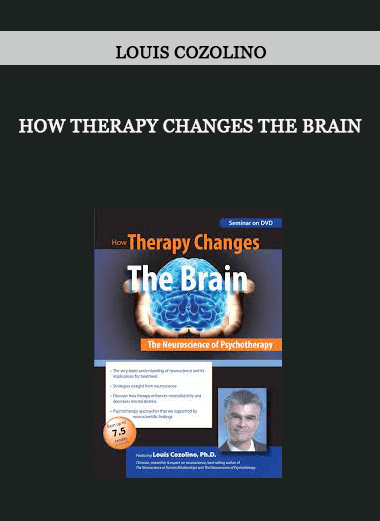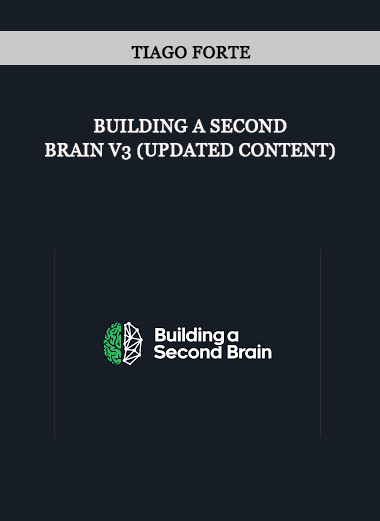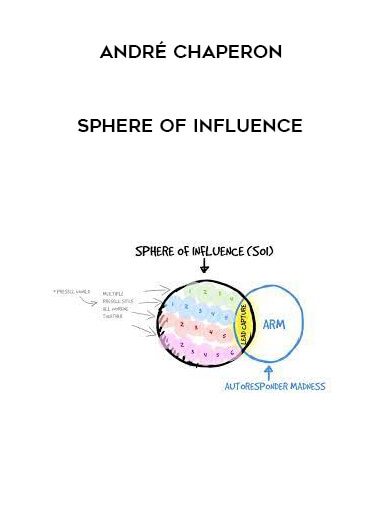Courses Infomation
How Therapy Changes the Brain by Louis Cozolino

How Therapy Changes the Brain by Louis Cozolino
**More information:
Description
- The very latest understanding of neuroscience and its implications for treatment
- Strategies straight from neuroscience
- Discover how therapy enhances neuroplasticity and decreases mental distress
- Psychotherapy approaches that are supported by neuroscientific findings
We now know that all new learning depends on neuroplastic changes in the brain—the positive changes we see as a result of psychotherapy are no exception. Because of this, when you provide treatment and practice psychotherapy, you are an unwitting neuroscientist, optimizing plasticity though the caring relationships and the various techniques you employ in treatment.
Learn how to take full advantage of our new understanding of the brain to optimize the treatment you provide and improve the outcomes of your clients. Don’t miss this opportunity to understand neuroscience from one of the leading experts in the field. Dr. Louis Cozolino will provide you the very latest understanding and perspectives of psychotherapy and neuroscience.
The Social Brain and the Neuroscience of Human Relationships
- The emergence of the social brain
- The evolution of complexity
- Apoptosis and anaclitic depression
Bridging the Social Synapse
- The ways in which we are one
- The three messenger systems
- The social engagement system
Attachment, Epigenetics and Brain Building
- The networks of the social brain
- The power of early bonding
- How love becomes flesh
The Evolutionary Necessity of Psychotherapy
- The design flaws which make us vulnerable to mental distress
- Conservation and complexity
- The bias toward early learning
Neural Dissociation and Integration
- Bridging the hemispheric divide
- The tenacity of fear and the effects of stress hormones
- The speed and power of unconscious processing and projection
The Neuroscience of Psychotherapy
- The power of relationships to change the brain
- Creating a safe emergency and enhancing moderate states of arousal
- The activation of affect and cognition
The Psychotherapist as Neuroscientist
- The role of narratives in the evolution of the human brain
- The malleability of episodic memory
- Why neuroscience matters to psychotherapists?
More information about Medical:
Medicine is the science and practice of establishing the diagnosis, prognosis, treatment, and prevention of disease.
Medicine encompasses a variety of health care practices evolved to maintain and restore health by the prevention and treatment of illness.
Contemporary medicine applies biomedical sciences, biomedical research, genetics, and medical technology to diagnose, treat, and prevent injury and disease,
typically through pharmaceuticals or surgery, but also through therapies as diverse as psychotherapy, external splints and traction, medical devices, biologics, and ionizing radiation, amongst others.
Medicine has been around for thousands of years, during most of which it was an art (an area of skill and knowledge) frequently having connections to the religious and
philosophical beliefs of local culture. For example, a medicine man would apply herbs and say prayers for healing, or an ancient philosopher and physician would apply bloodletting according to the theories of humorism.
In recent centuries, since the advent of modern science, most medicine has become a combination of art and science (both basic and applied, under the umbrella of medical science).
While stitching technique for sutures is an art learned through practice, the knowledge of what happens at the cellular and molecular level in the tissues being stitched arises through science.
Salepage : How Therapy Changes the Brain by Louis Cozolino































Reviews
There are no reviews yet.